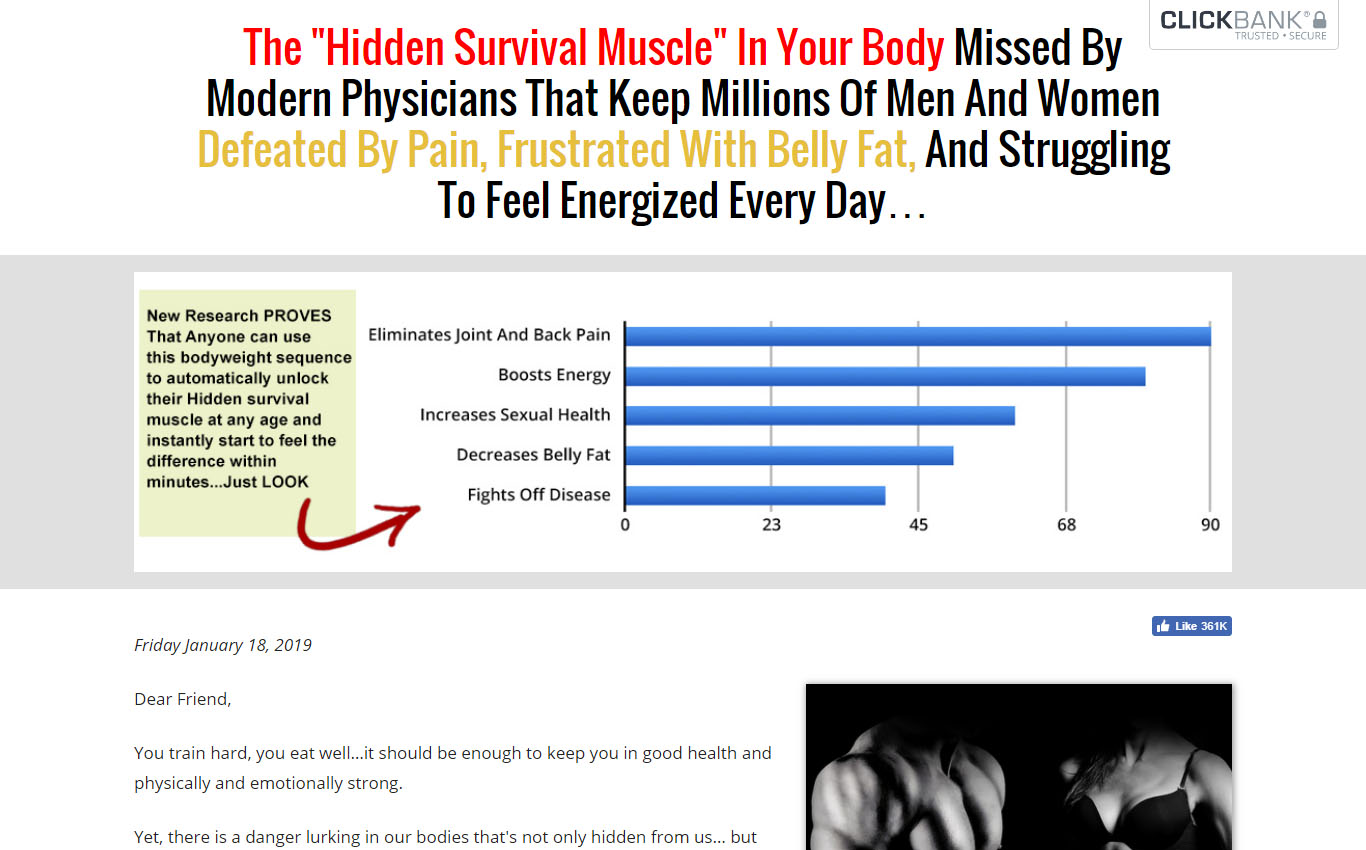If you have arthritis or bursitis, you’ve probably noticed that exercise can actually help relieve your pain. But when is hip pain a sign that you should stop exercising or doing a certain activity? If your hip starts to hurt during a particular exercise and lingers for hours or days afterward, that’s a sign that your joint needs to rest, notes Humphrey. It’s normal to feel some soreness the day after exercising, but the pain shouldn’t persist or become worse. Also, if you experience a sharp or shooting pain, stop the activity immediately and talk to your doctor or physical therapist.
A pinched nerve causes pain, numbness, or tingling in the affected area due to pressure on a nerve. Caral tunnel and sciatica are two examples of conditions caused by a pinched nerve. A pinched nerve is diagnosed by taking a patient history and performing a physical examination. Electromyography may be performed. Treatment for a pinched nerve depends on the underlying cause.
If low back pain gets worse or does not improve after two to three days of home treatment, contact a primary-care physician. The physician can evaluate the patient and perform a neurological exam in the office to determine which nerve root is being irritated, as well as rule out other serious medical conditions. If there are clear signs that the nerve root is being compressed, a physician can prescribe medications to relieve the pain, swelling and irritation; he or she also may recommend limitation of activities. If these treatment options do not provide relief within two weeks, it may be time to consider other diagnostic studies and possibly surgery.

